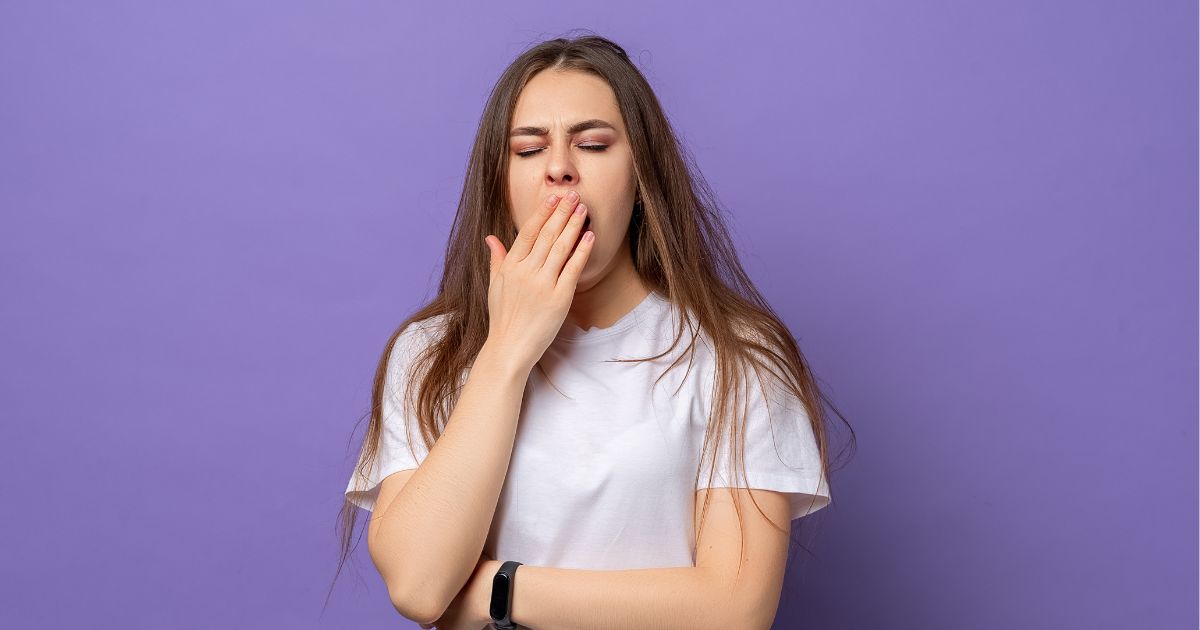Even when we practice healthy sleep habits, sometimes our bodies need a little extra nudge to help us get the deep and restful sleep we need. Sleep enhancers, also known as sleep aids, are various products marketed to increase the duration and quality of sleep. They are most commonly sold in the form of medications, dietary supplements or vitamins. However, it is important to be educated on what you are taking and be aware of the negative side effects it may have. Sleep enhancers are not meant to be consumed regularly. Afterall, as your brain gets used to the medications, you begin needing larger doses to obtain the same effect. Your body then becomes reliant on this medication to sleep and you can begin to experience negative side effects.
Melatonin and Magnesium
Melatonin is one of the most popular natural sleep enhancers. It is a hormone our bodies release to tell us it’s time to go to sleep. Usually, the production of this hormone decreases in the morning as you wake up, and increases again in the evening as you wind down. It is worth noting that light also plays a role in melatonin production. Daytime tends to be brighter than the evening, after all. As a result, many shift workers, frequent travelers, and bedtime screen users tend to have a deficiency of this hormone. However, it is important to be aware of the negative side effects that taking a melatonin supplement can have. The most common melatonin side effects include:
- Headache
- Dizziness
- Nausea
- Drowsiness
Another common sleep aid is magnesium, which is known to relax muscles and induce sleep. In fact, magnesium’s relaxing effect may be partly due to its ability to regulate the production of melatonin. Studies also report that insufficient levels of magnesium in your body may be linked to troubled sleep and insomnia. Older people tend to have lower blood-magnesium levels and may benefit from magnesium supplements as well as melatonin. Once again, it is important to keep in mind that taking it in supplement form may cause side effects, including nausea, cramps or diarrhea. So, it is crucial to be informed about what you are consuming and only take it in appropriate doses when it is really needed.
Herbs and Essential Oils
Many herbal supplements and essential oils have been said to be a natural aid in restful sleep, though most need to be studied further by scientists to come to any real conclusions. Here are a few of the popular ones.
- Passionflower tea or extract may help slightly improve sleep quality in some individuals.
- Valerian root is another popular herbal supplement that may improve sleep quality and sleep disorder symptoms, at least in some people. More studies are needed on the safety of long-term use.
- Lavender essential oils used in aromatherapy may also help with sleep. However, more studies on lavender supplements are needed to evaluate their efficacy and safety.
- Chamomile has not been proven in any research studies to work to improve sleep. Studies to date have been small and have had mixed results.
Summary
Sleep aids and sleep enhancers come in many forms with varying levels of proof behind their effectiveness. While there are many more than those described here, the ones covered are what is most commonly seen on the ingredients list of supplement blends one may find at a pharmacy. With such a large amount of different sleep enhancers to choose from, it is best to see a professional to decide which one may work best for you.
At Jax Sleep Center, we understand the importance of getting some rest. Our team of specialists can help you get the deep sleep you need, so you can rise and shine. Whether you need advice on sleep aids, sleep apnea, or other things keeping you up at night, schedule an appointment with us. Our clinic’s calm environment is tailored to help you unwind and relax, while we provide the best care available.






